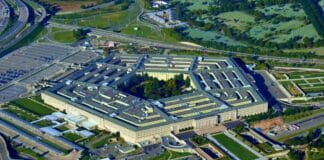A report by the Center for Strategic and International Studies (CSIS) reveals that China may be operating multiple espionage facilities in Cuba to spy on the United States. The report, based on satellite imagery and open-source analysis, identifies four key locations—Bejucal, El Salao, Wajay, and Calabazar—as sites supporting China’s signals intelligence (SIGINT) efforts.
The Bejucal base, reportedly active for years, features underground facilities and various antennas capable of intercepting satellite communications and tracking U.S. rocket launches. These activities provide China with insights into the U.S. space program, including launches from the Kennedy Space Center and Cape Canaveral. The site’s recent upgrades, despite Cuba’s worsening economic crisis, signal its strategic importance.
The El Wajay base has expanded significantly since 2002, now hosting 12 antennas and a solar power grid to ensure operations despite Cuba’s unreliable energy infrastructure. Unlike Bejucal, Wajay’s antennas focus on terrestrial signal interception, supporting a complex SIGINT mission.
Calabazar, a third major site, features a large solar farm and various antennas collecting intelligence from satellites and terrestrial sources. While its ties to China are unconfirmed, defectors claim the base plays a critical role in Cuba’s intelligence operations.
The U.S. State Department expressed concerns about China’s growing military presence in Cuba, emphasizing efforts to disrupt Beijing’s activities. A spokesperson stated, “We will protect our homeland and our interests,” highlighting ongoing diplomatic efforts to counter China’s global military ambitions.
These revelations underscore the strategic partnership between Cuba and China, with Havana’s deteriorating economy pushing it closer to Beijing. The report calls for heightened monitoring and strengthened communications security to mitigate the threat posed by these espionage facilities.





